A Time of Meaningful Discovery and History
A Time of Meaningful Discovery and History
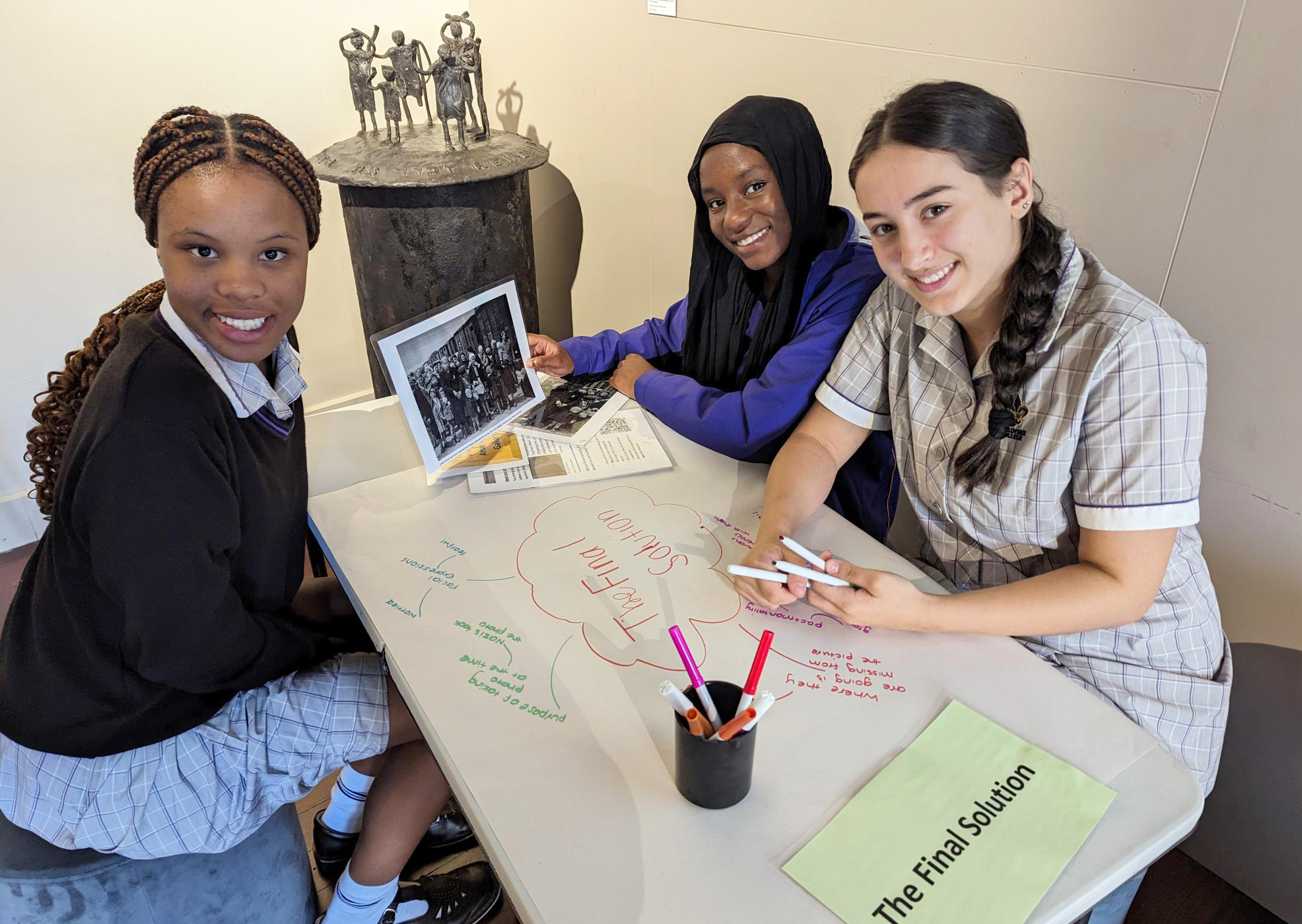

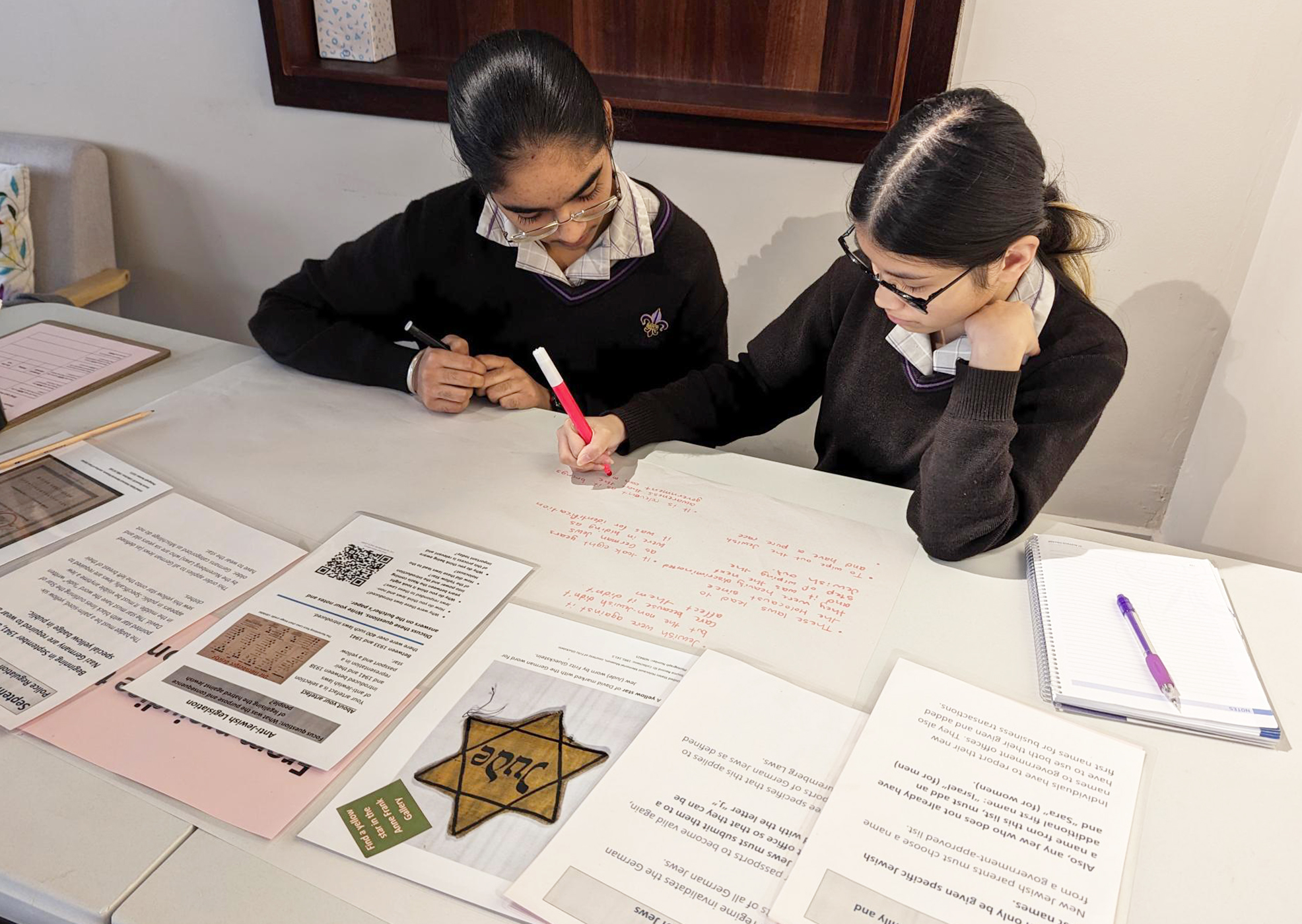

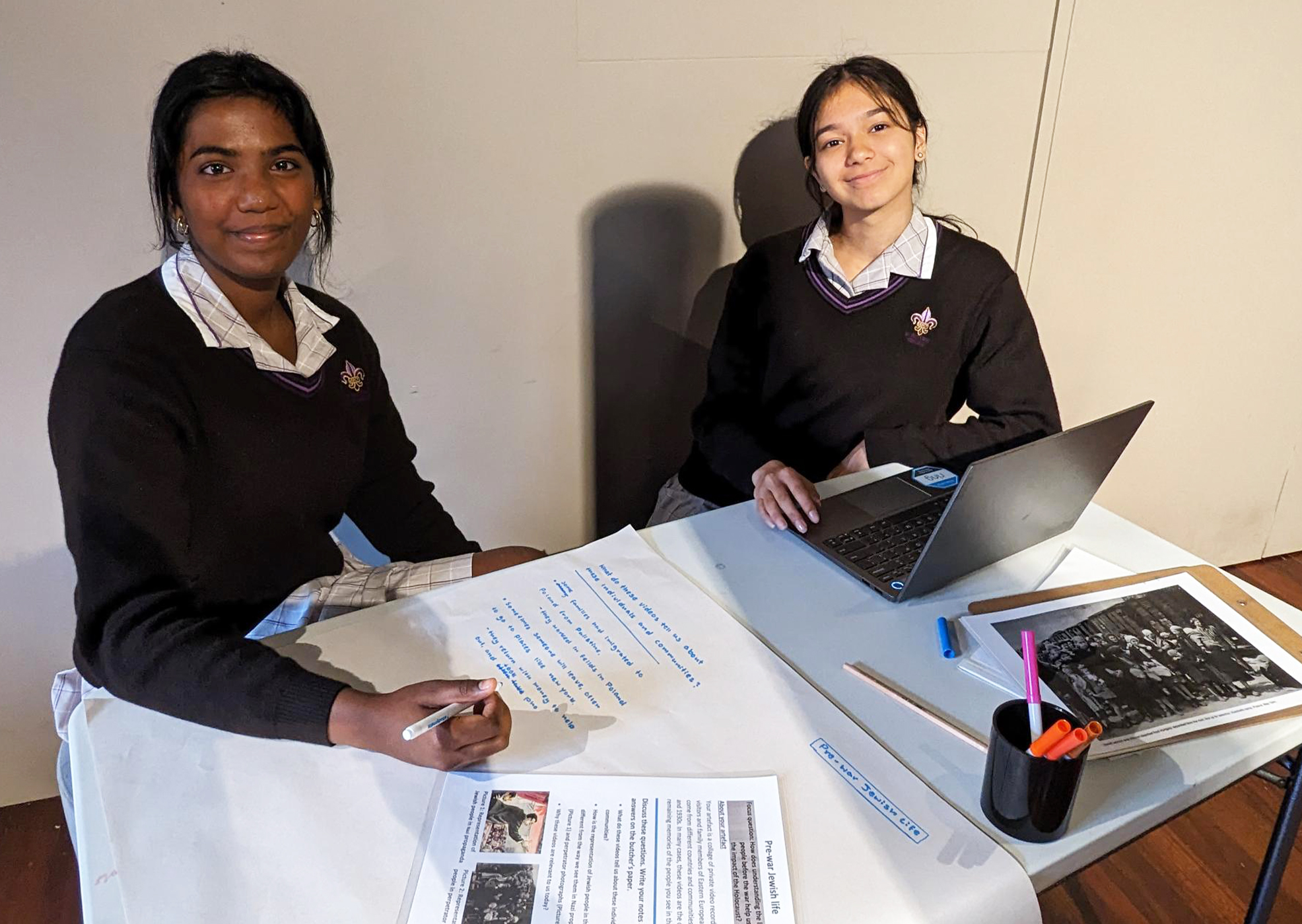

Over the last two weeks, students from Year 10 have had the opportunity to visit the Adelaide Holocaust Museum and Andrew Steiner Education Centre as part of their studies in History. Over the course of Term 1, students have been learning about the Holocaust as part of their unit on the course of World War II. At the museum, students heard survivor stories, looked at artefacts, and engaged in deep discussions about the ideologies and perspectives that existed during the war and still today. The students also discovered how this history connects with us as people living in South Australia. Students in 10DW were privileged to also meet with Holocaust survivor Andrew Steiner and ask him personal questions about his experiences living in Hungary when the war began. All students had a meaningful and overwhelmingly positive experience at the museum and have been engaging in reflective discussions during their lessons.
Year 10 History Teachers
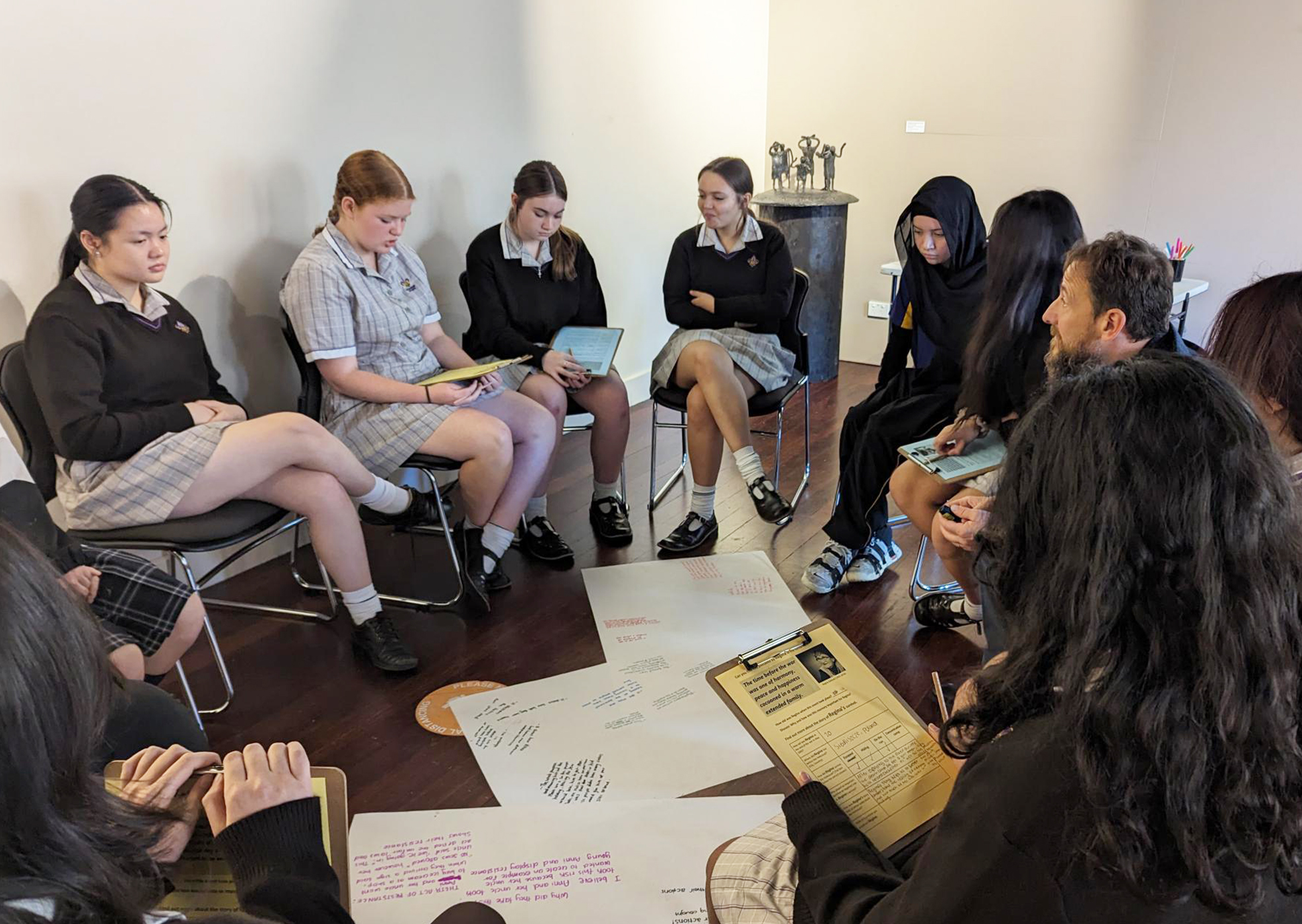

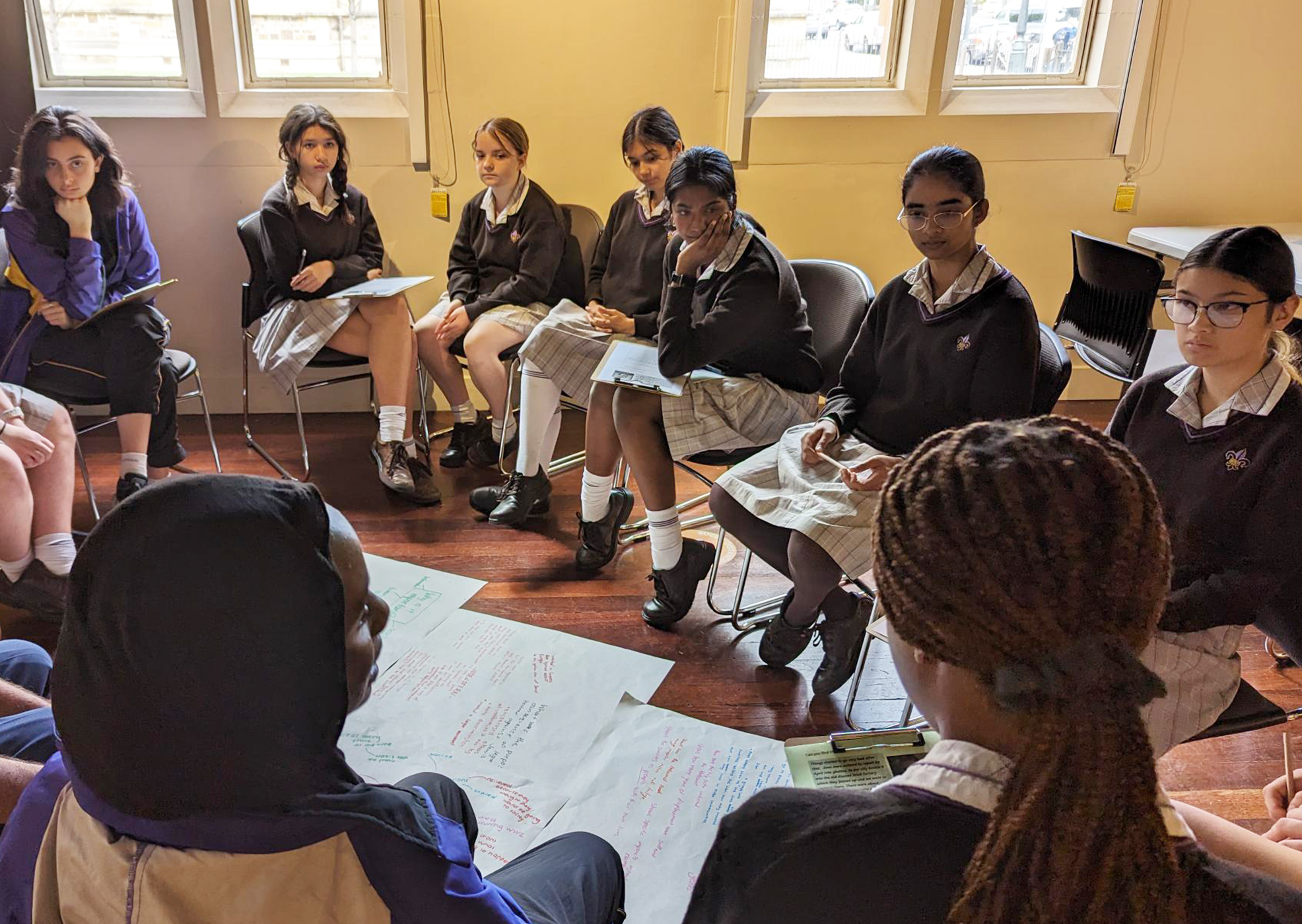

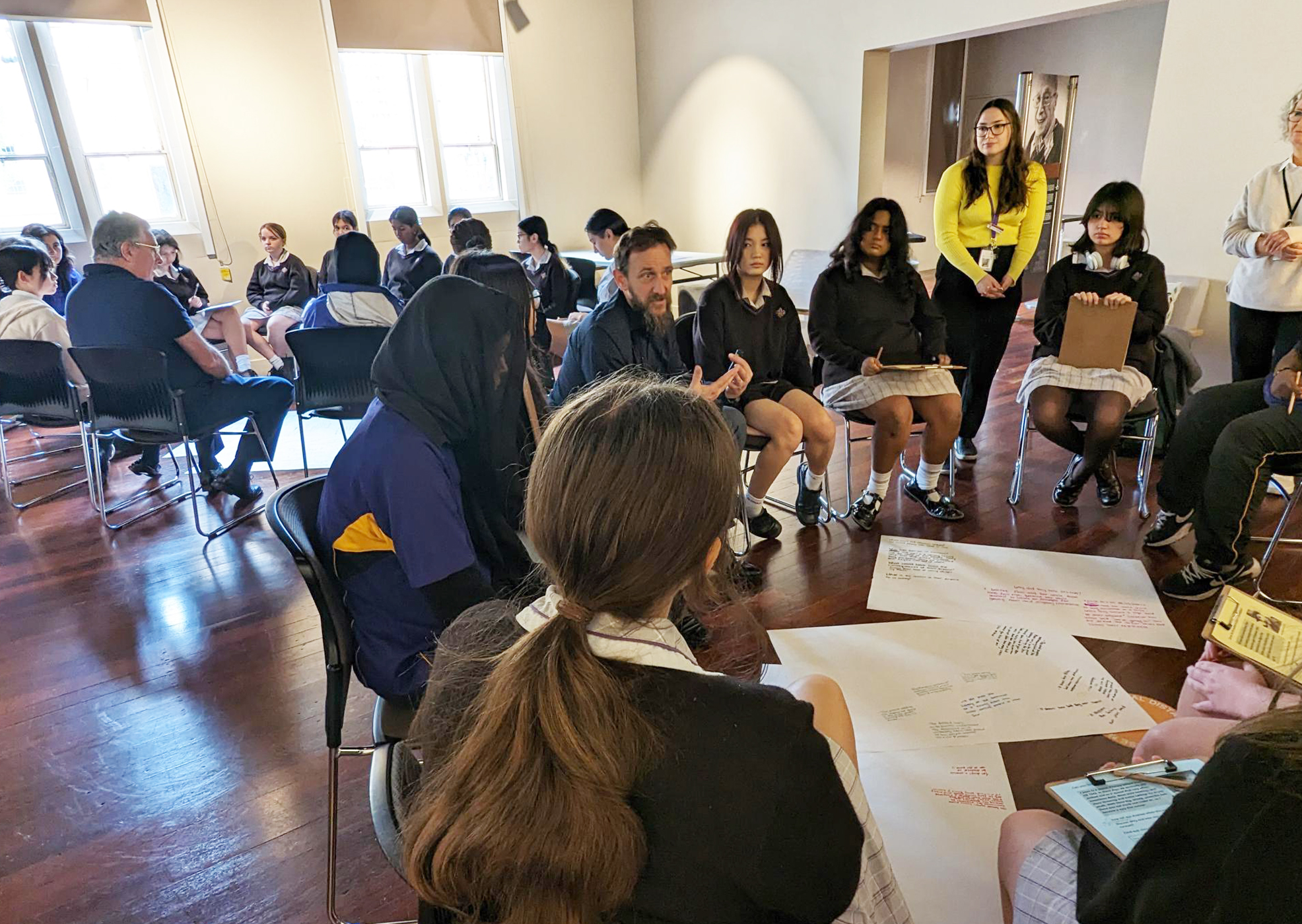









STUDENTS REFLECTED ON THE EXPERIENCE:
“The three things that I learnt throughout my visit to the Holocaust Museum are the distinct Holocaust survivor stories that were shared, Kindertransport and its purpose during the Holocaust and the experiences of Andrew Steiner, a Hungarian Holocaust survivor. We explored the museum with the assistance and guidance of Tamas and Nick, who helped us discover new things about the Holocaust and its various themes. My friend, Kim and I focused on the Holocaust survivor story of Garry Rogers, who had experienced Kristallnacht or the Night of the Broken Glass and he was taken to Britain through the Kindertransport on the accord of his parents. It is important to hear stories form survivors like Andrew Steiner so that we can understand the Holocaust profoundly and it gives an insight into the events of the Holocaust through their reflections. We need to continue learning about historical atrocities such as the Holocaust to understand the impact of history on today’s society. The Holocaust helps us understand the various concepts and aspects of fascism, antisemitism, resistance, propaganda and genocide.” Harnaaz Dhillon, Year 10 student
What is the important of hearing stories from survivors like Andrew Steiner?
“Individual stories of the survivors of the Holocaust aid in broadening our view on the Holocaust. From attempting to escape and removing his yellow star (Jewish badge) like Andrew Steiner, to being sent to Auschwitz like Fred Steiner, each survivor has a significant story to how they had escaped. Whether they went into hiding for as long as they could hold up for, or escape abroad, these survivors had escaped a historical genocide some at the age of 12.” Celina Nguyen, Year 11 Student
Why do we need to keep learning about historical atrocities such as the Holocaust?
“Historical atrocities such as the Holocaust are key events to reflect on the antisemitism of Nazi Germany. The knowledge that comes from the study of the Holocaust provides us about the systematic genocide that was set in motion by Hitler. This mass killing of Jews had completely wiped their population. This educates the young generation in the horrific tragedies inflicted by humans, and this will help with preventing any major problems from uprising in the future, or at least try.” Celina Nguyen, Year 11 Student







